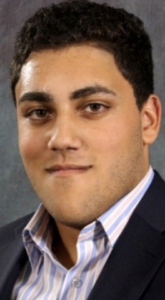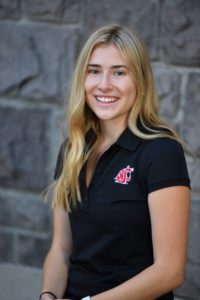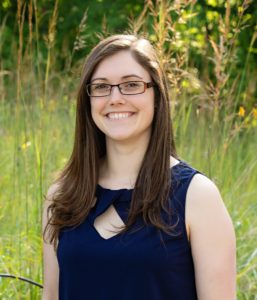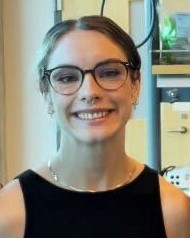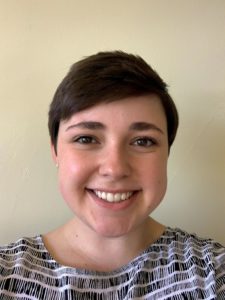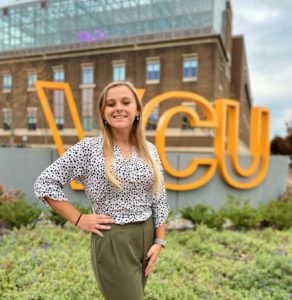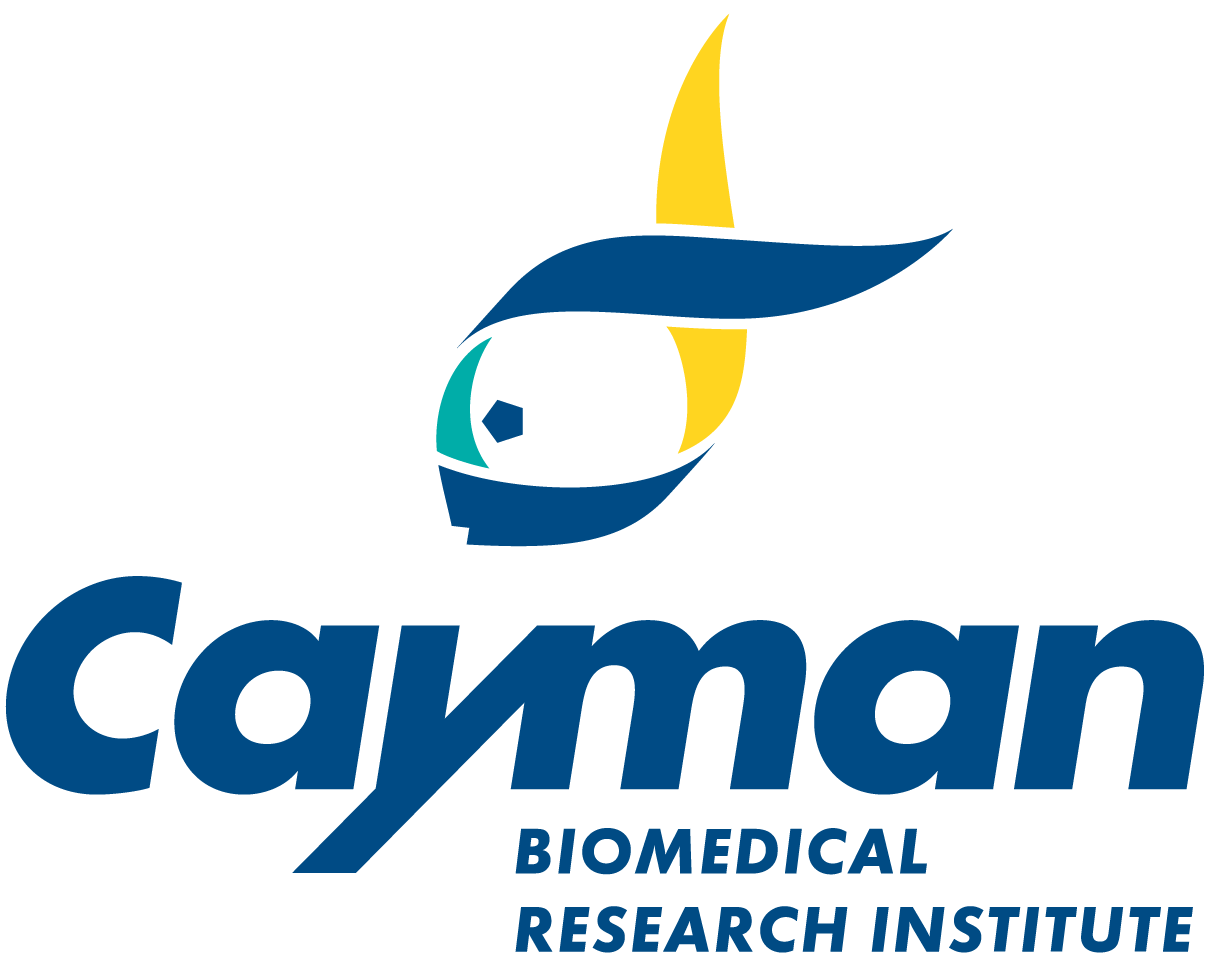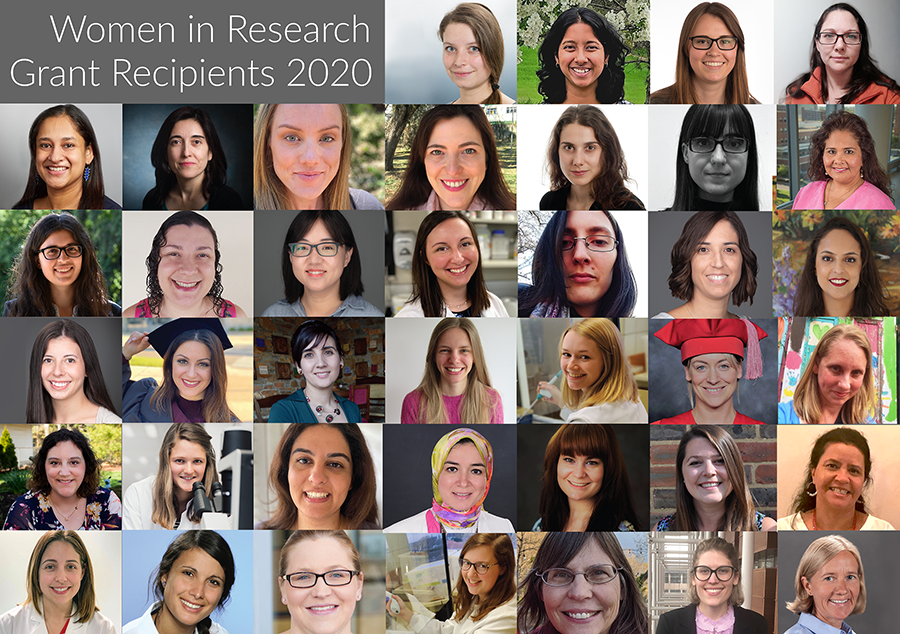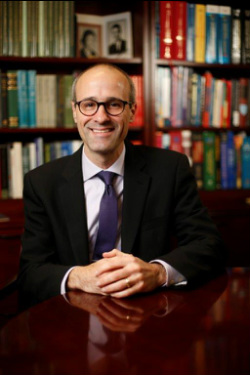Each year during Women’s History Month, Cayman provides travel grants to help women researchers attend conferences to benefit from and contribute to the larger scientific community. This year, because the COVID-19 pandemic caused most conferences to cancel or postpone and many academic labs to close, Cayman introduced a new program to help support women in research. This new program has doubled the grant amount to $1,000 for each recipient, designating the funds for use in research instead of travel. A record high of forty women will benefit from Cayman’s Women in Research program this year.
“We planned to award five well-qualified applicants,” said Dr. Kirk Maxey, President and CEO of Cayman. “But the applicant pool was so impressive, we extended the award to forty women who are working to answer essential research questions. Reviewing the value of the contributions these women are making to scientific discovery has made us optimistic for overcoming the many challenges facing human health and disease.”
2020 Women in Research Grant Recipients
- Adela Cota-Gomez, PhD, University of Colorado Anschutz Medical Campus, USA
- Ana-Maria Raicu, Michigan State University, USA
- Annelies Cannaert, PhD, Ghent University, Belgium
- Antonia Rotolo, MD, PhD, University of Pennsylvania, USA
- Aurélie de Rus Jacquet, PhD, Laval University, Canada
- Caitlyn Norman, University of Dundee, UK
- Carla Madelaire, PhD, Northern Arizona University, USA
- Carley Lowe, Northern Arizona University, USA
- Carmen De Miguel, PhD, University of Alabama at Birmingham, USA
- Chang Jiang, PhD, Moffitt Cancer Center, USA
- Christine Arbour, PhD, Massachusetts Institute of Technology, USA
- Diane McConnell, DVM, PhD, University of Missouri-Columbia, USA
- Eline Pottie, Ghent University, Belgium
- Elizabeth Delorme-Axford, PhD, Oakland University, USA
- Friederike Pohlin, PhD, University of Veterinary Medicine, Vienna
- Georgina Fabro, PhD, National University of Córdoba, Argentina
- Harriet Allan, PhD, Queen Mary University of London, UK
- Jennifer Speth, PhD, University of Michigan, USA
- Jiska van der Reest, PhD, Harvard Medical School, USA
- Kara Rood, MD, The Ohio State University Wexner Medical Center, USA
- Laila Ziko, PhD, American University in Cairo, Egypt
- Laura Torrente Fernandez, PhD, Moffitt Cancer Center, USA
- Luiza Oliveira Perucci, PhD, Federal University of Ouro Preto, Brazil
- Marcella Sharma, Wayne State University, USA
- Margaret Nolan, PhD, Stellenbosch University, South Africa
- Maria Fedorova, PhD, Leipzig University, Germany
- Marthe Vandeputte, Ghent University, Belgium
- Merran Dunford, University of Bath, UK
- Nerea Alonso, PhD, University of Edinburgh, UK
- Nona Ehyaei, Michigan State University, USA
- Paloma Gonzalez Sanchez, PhD, Moffitt Cancer Center, USA
- Renata Whitton, PhD, University of São Paulo, Brazil
- Samanta Funes, PhD, National University of San Luis, Argentina
- Shea Sickles, University of Kentucky, USA
- Stefanie U. Wetzels, PhD, University of Veterinary Medicine Vienna, Austria
- Stefanny Titon , PhD, University of São Paulo, Brazil
- Swati Venkat, PhD, Roswell Park Comprehensive Cancer Center, USA
- Swetha Gowrishankar, PhD, University of Illinois at Chicago, USA
- Tina Sumpter, PhD, University of Pittsburgh, USA
- Tinna Traustadóttir, PhD, Northern Arizona University, USA
Cayman worked with the Cayman Biomedical Research Institute (CABRI) to fund these extra awards. Cayman’s mission of helping make research possible fully aligns with the founding values of CABRI, which awards research grants to academic scientists and undergraduate students to support their pursuit of new therapeutic approaches against diseases of highest unmet need as well as scholarships to college-bound students who have lost a parent to a rare disease. To further support the research of these grant winners, Cayman will provide 20% off their catalog orders for the entirety of 2021. The work of these recipients will be highlighted over the months to come through Cayman’s social media outlets.
About CABRI
Cayman Biomedical Research Institute (CABRI) is a nonprofit organization which supports research on the rare illnesses and orphan diseases that are often neglected by the corporate pharmaceutical industry and actively pursues new developments that will treat these diseases. To support this endeavor, we offer research grants to specific principal investigators at academic research institutions who have a plan to extend the clinical or pre-clinical development for these diseases as well as undergraduate grants to assist students to obtain experience in laboratories while performing research that aligns with CABRI’s mission. CABRI also provides scholarships to college-bound students who have lost a parent to SNUC (sinonasal undifferentiated carcinoma).
About Cayman Chemical
Cayman Chemical Company helps make research possible by supplying scientists worldwide with biochemical tools used to understand cancer, neurochemistry, oxidative injury, endocrinology, atherosclerosis, and other human health challenges. Our scientists are experts in the synthesis, purification, and characterization of biochemicals ranging from small drug-like heterocycles to complex biolipids, fatty acids, and many others for use as research reagents and qualified standards. We are also highly skilled in all aspects of assay and antibody development, protein expression, crystallization, and structure determination. In addition, we offer a wide range of analytical services using LC-MS/MS, HPLC, GC, and many other techniques. Cayman performs generic drug development and production in both Ann Arbor, Michigan and Neratovice, Czech Republic
